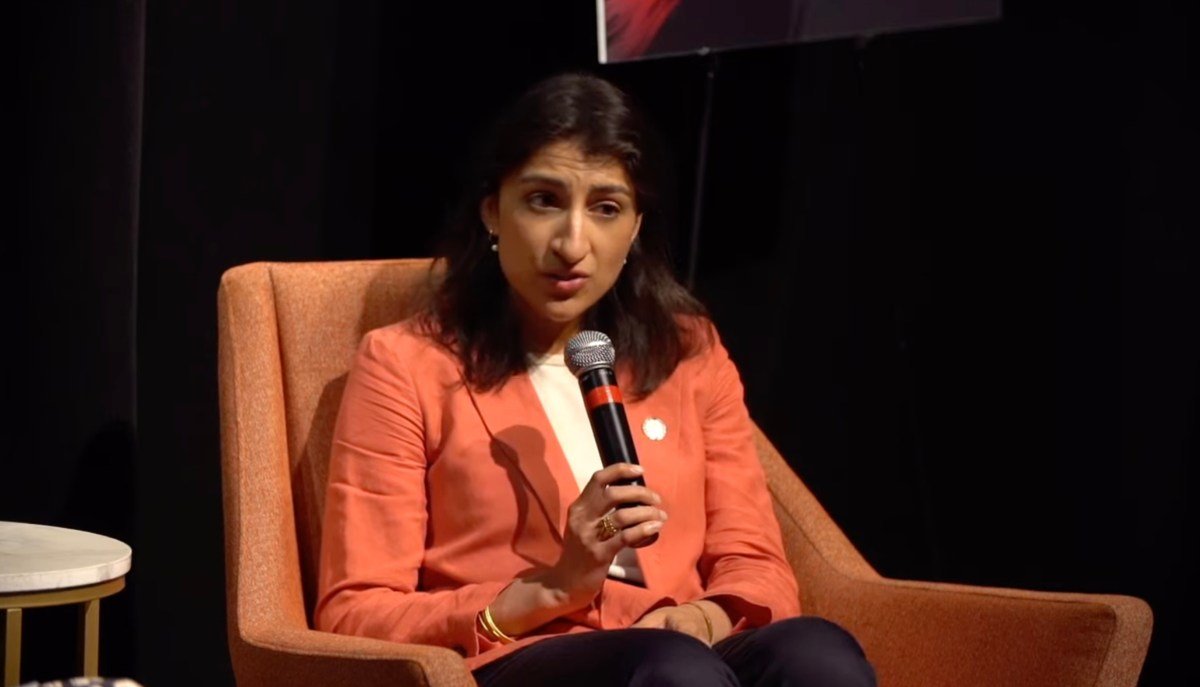The United States Federal Trade Commission is set to delve into the growing world of artificial intelligence, according to FTC Chair Lina Khan. Speaking at the TechCrunch StrictlyVC event in Washington, D.C. on Tuesday, Khan revealed that the commission’s goal is not to stifle startups with excessive regulations in this space. Rather, the FTC wants to ensure fair competition and opportunities for all, regardless of size.
“We want to make sure that the arteries of commerce are open, that the pathways of commerce are open, and if you have a good idea, if you’re able to commercialize it – if there’s interest in the marketplace – that you have a fair shot at competing,” Khan explained. “Your fate is tied to the strength of your idea and your business talent, rather than whether you’re threatening one of the big guys who could stomp you out.”
Despite this approach, the FTC is not turning a blind eye to the potential harms that AI may bring. Khan shared that the commission has already seen an increase in consumer complaints related to AI, such as voice cloning fraud.
This issue gained attention when OpenAI released and then removed a voice generator that sounded like actress Scarlett Johansson, who famously voiced an AI in the movie “Her.” Johansson claims she was not involved in the project and that her voice was cloned without her permission. (OpenAI denies this and says they used a different voice actor.)
When asked about which aspects of AI the FTC is monitoring closely, Khan stated that it was all of them.
“We’re really looking across the stack – from the chips to the cloud, to the models, to the downstream apps – to try to understand what’s going on in each of these layers,” she said. The FTC also wants to hear from individuals and companies currently working with AI about their insights on the opportunities and risks involved.
Of course, regulating AI presents several challenges, despite the FTC’s efforts to recruit technologists to help. Khan shared that the agency received over 600 applications from those in the tech industry, but did not mention how many were hired. Overall, the FTC currently has a staff of 1,300 people, which is 400 less than it had in the 1980s, despite a 15 times growth in the economy.
With numerous antitrust cases and close to 100 cases related to consumer protection, the FTC is now taking innovative approaches to combat AI-related fraud. One example is the agency’s recent voice cloning challenge, where they called upon the public and market to submit ideas on how to detect and track phone calls or voices in real-time, specifically when fraudulent voice cloning is involved. In addition to implementing successful solutions from challenges like this, the FTC also hopes to inspire the market to develop more tools for fighting AI fraud.
Another key focus for the FTC is defining what “openness” truly means in the context of AI. “How do we make sure it’s not just a branding exercise, but when you look at the terms it’s truly open?” Khan questioned. She also expressed concerns about avoiding the “open first, closed later” dynamics that were common during the Web 2.0 era.
“I think there’s a lot of lessons to be learned, but especially in this moment as we think about some of these AI tools, it’s a very timely moment to be applying them,” Khan added.
Lastly, the FTC is keeping a close eye on the industry for instances of hype around AI, where the value of the product is exaggerated. “Some of these AI tools are being used to market and inflate the value of what’s being offered,” noted Khan. “We want to make sure we’re policing that.” She shared that the FTC has already had a few cases of deceptive advertising related to AI and will continue to closely scrutinize this area.








